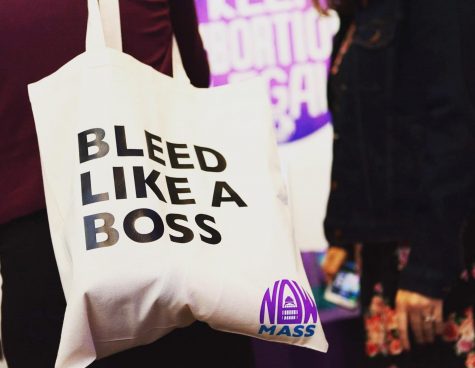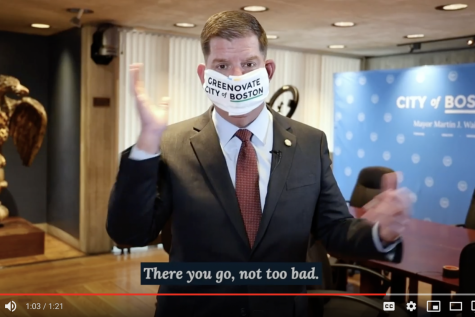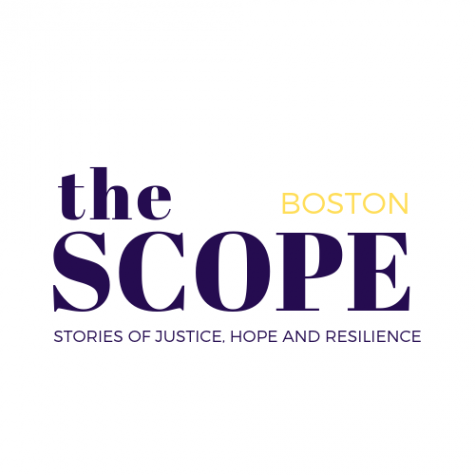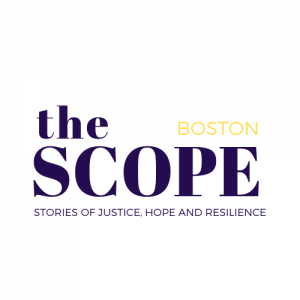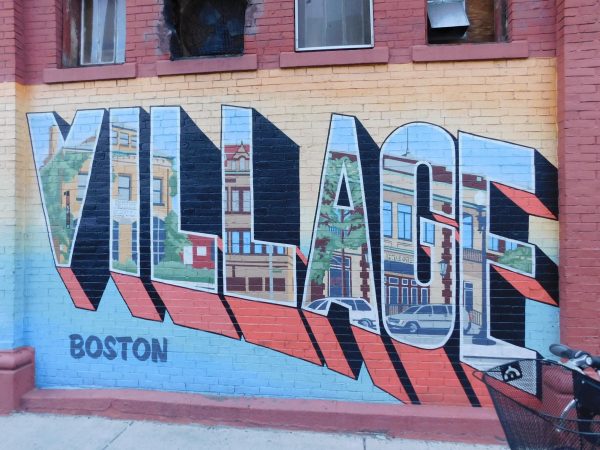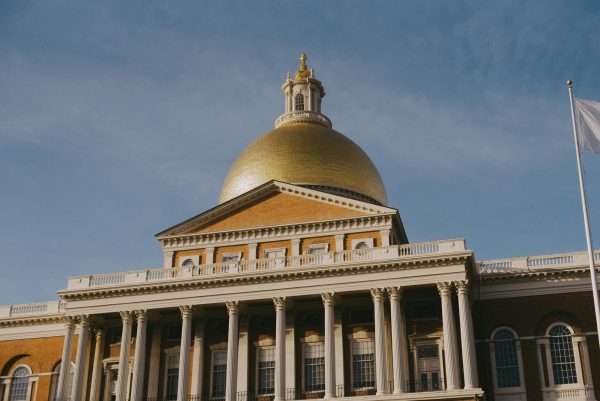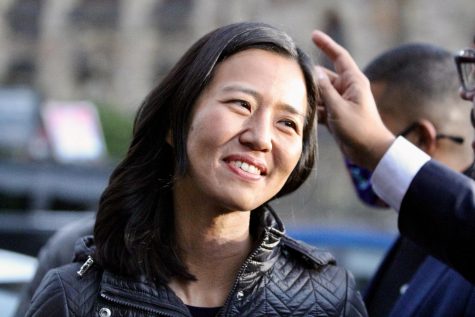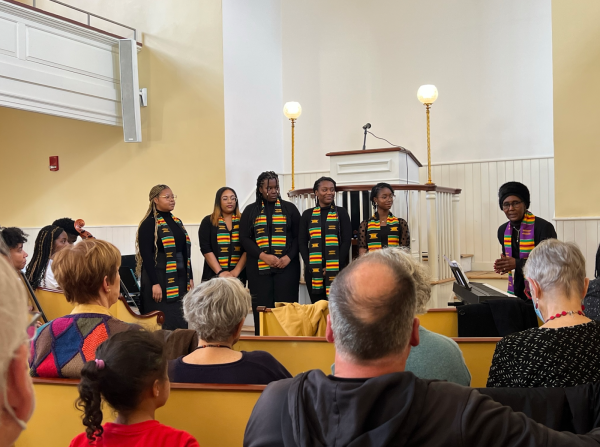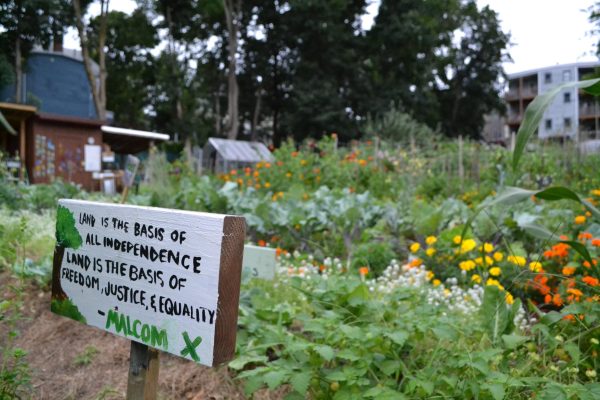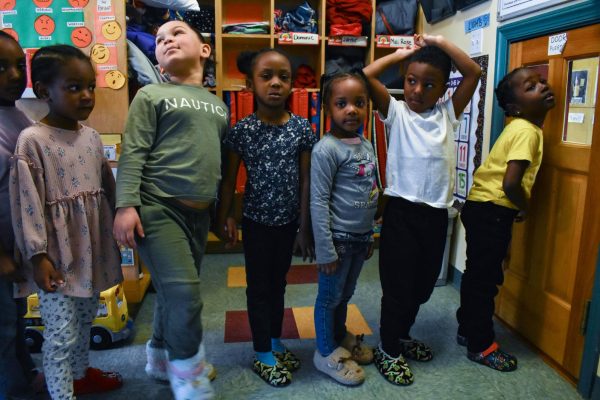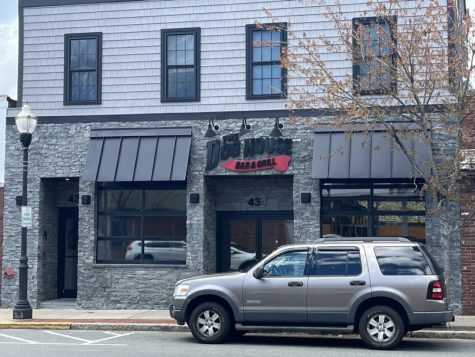Legislative candidates favor ending exemption to public records law
Massachusetts is one of just four states whose legislatures are exempt from public records laws. Northeastern journalism students this fall contacted all 257 legislative candidates who will be on the ballot Nov. 3, a number that comprises 209 House hopefuls and 48 who are running for Senate seats to learn whether that might change.
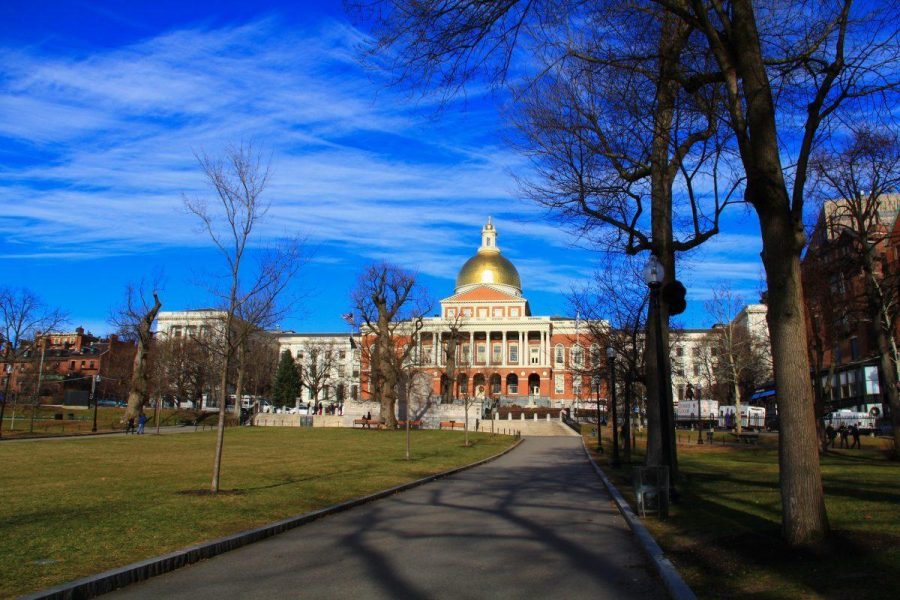
Erika Uyterhoeven, a Democratic candidate for the Massachusetts House from Somerville, believes the time has come to require the Legislature to comply with the state’s public records law.
“Democracy is not just about voting,” said Uyterhoeven, co-founder and president of Act on Mass, an advocacy group that pushes for greater transparency in state government. “It’s about ongoing political engagement and understanding of the issues, understanding of the debate.”
But Rep. Paul McMurtry, D-Dedham, said that while he would “normally” support such a move, opening up public records could be detrimental to the Legislature’s work.
“On any given day,” he said, “our offices handle hundreds of sensitive pieces of constituent information that if released to the public would cause a lack of trust.”
Massachusetts is one of just four states whose legislatures are exempt from public records laws, according to the investigative website MuckRock. In an effort to learn whether that might change, Northeastern journalism students this fall contacted all 257 legislative candidates who will be on the ballot Nov. 3, a number that comprises 209 House hopefuls and 48 who are running for Senate seats.
Each candidate was asked: “Would you favor a change that would subject the Massachusetts Legislature to the state’s public records law, as is already the case with state executive agencies as well as cities and towns?”
The survey yield mixed results.
On the one hand, about 72% of respondents said they favored expanding the public records law to cover the Legislature. Only 7% were opposed, while another 21% provided responses that did not fit neatly into either “yes” or “no.”
On the other hand, the response rate was just under 28%, as only 71 of the 257 candidates gave answers — even though the students went to considerable lengths to contact them. If a candidate did not respond to an initial email, additional emails were sent, followed by several phone calls.
Despite the state’s progressive image, Massachusetts has a dubious record when it comes to governmental openness. In 2015, the Center for Public Integrity awarded the state an “F” for failing to provide public access to information.
Despite the state’s progressive image, Massachusetts has a dubious record when it comes to governmental openness. In 2015, the Center for Public Integrity awarded Massachusetts an “F” for failing to provide public access to information. A reform law approved in 2016 did not address the legislative exemption, which also extends to the judiciary and the governor’s immediate staff.
As a result, the only governmental entities covered by the public records law are cities, towns, counties (to the extent that county government still exists in Massachusetts) and state agencies. Advocates say such a lack of openness makes it difficult for the press and the public to hold state government accountable.
Previous efforts to end or at least loosen the legislative exemption have fallen short. Whether the Democratic leadership might be supportive of reform efforts moving forward could not be determined. That’s because the two leaders whose support would be crucial to any reform effort — House Speaker Robert DeLeo of Winthrop and Senate President Karen Spilka of Ashland — were among those who did not respond to the Northeastern survey.
One of the challenges in reporting on the overwhelmingly Democratic Legislature is that few candidates have any incentive to rock the boat. Of the 160 House seats up for grabs, 118 of them are uncontested. Thirty-two of the 40 Senate districts have only one candidate running this fall. Incumbents, most of them Democrats, are re-elected with little or no opposition every two years.
So it was interesting that non-incumbents were slightly more likely to respond to the Northeastern survey than incumbents, with 56% of the answers coming from non-incumbents. Given the small numbers, no real pattern could be discerned in party support for reform, with nearly 70% of Democratic candidates in favor of ending the exemption and 75% of Republicans. Six other candidates who are independents or who belong to minor parties said they favor ending the exemption, and none was opposed, though two provided indeterminate answers.
Of the five candidates who opposed ending the exemption, such as McMurtry, as well as the 15 who expressed reservations by answering “other,” the overwhelming reason given was privacy. For instance, Rep. Carole Fiola, D-Fall River, answered “other” and explained, “I do fear the delicate nature of many constituent issues that I deal with and their expectation that their personal issues would not be public. It would depend upon the language.”
Yet simply extending the reach of the current public records law to the Legislature should not be problematic. The already law includes a number of reasons that governmental officials can cite for not releasing records, with privacy near the top of the list.
Among the more prominent advocates of reform is Rep. Bradford Hill, R-Ipswich, a member of the House Republican leadership team. “Not only do I support this initiative, I have actually filed H. 2715 that would remove the current exemption on the General Court,” he said. (The General Court is the official name for the Legislature.)
Too much of what we do on Beacon Hill is done behind closed doors, it’s total secrecy. Other states have found a way to improve transparency. We should do the same.
— Rep. Leonard Mirra, R-Georgetown.
Yet Rep. Paul Donato, D-Medford, who also holds a leadership position and is close to Speaker DeLeo, may prove to be a better guide for what is likely to happen in the year ahead. Donato said that he would not support ending the exemption and warned that constituents might not speak freely if they thought their words would be become part of the public record.
Most candidates, though, said the legislative exemption could be abolished while at the same time protecting privacy. For instance, Sen. Paul Feeney, D-Framingham, put it this way: “I’ve been outspoken in my belief that we should remove the exemption. I hear my colleagues’ concerns about constituent privacy, which should not be subjected to the same public records laws. But there’s no doubt in mind that we can open it up like most other states have done. It’s just going to take the political will.”
Kelly Pease, a Republican candidate for the House from Westfield, added, “I served 20 years in the Army as a Military Intelligence professional and officer, and even highly classified documents have a release date. I can’t believe anything at the local or state level would be so sensitive that it should be kept from the public for any extended period of time.”
So what’s next? Robert Ambrogi, executive director of the Massachusetts Newspaper Publishers Association, told GBH News earlier this year that he expected legislation to be filed in January aimed at eliminating the legislative exemption in full or in part — but that he was not optimistic about its chances of passing.
“The Legislature has no interest in changing the status quo,” said. In an email, Justin Silverman, executive director of the New England First Amendment Coalition, added he was “fairly certain there is no appetite” on Beacon Hill for any serious effort at reform.
But perhaps times are changing. After all, as Emmanuel Dockter, a Democratic House candidate from Hanover, put it, all that would be required is to apply the same law to the Legislature with which local officials must comply as a matter of course.
“I strongly support added transparency and see no reason why the same rules that applied to me as a member of the Hanover Board of Selectmen shouldn’t apply to me as a State Representative,” Dockter said. “We need more transparency to make it easier for our regular neighbors to know what is happening with our government and to know when and how to participate.”
Or as Rep. Leonard Mirra, R-Georgetown, said, “Too much of what we do on Beacon Hill is done behind closed doors, it’s total secrecy. Other states have found a way to improve transparency. We should do the same.”
Correction: Because of data entry errors, the original version of this story reported that Speaker Robert DeLeo was among those who responded to the survey. In fact, he did not. Numbers and percentages have been adjusted as well.
This story was reported by Journalism 2 students in classes at Northeastern University taught by Professors Matt Carroll, Carlene Hempel, Jeff Howe and Dan Kennedy.


